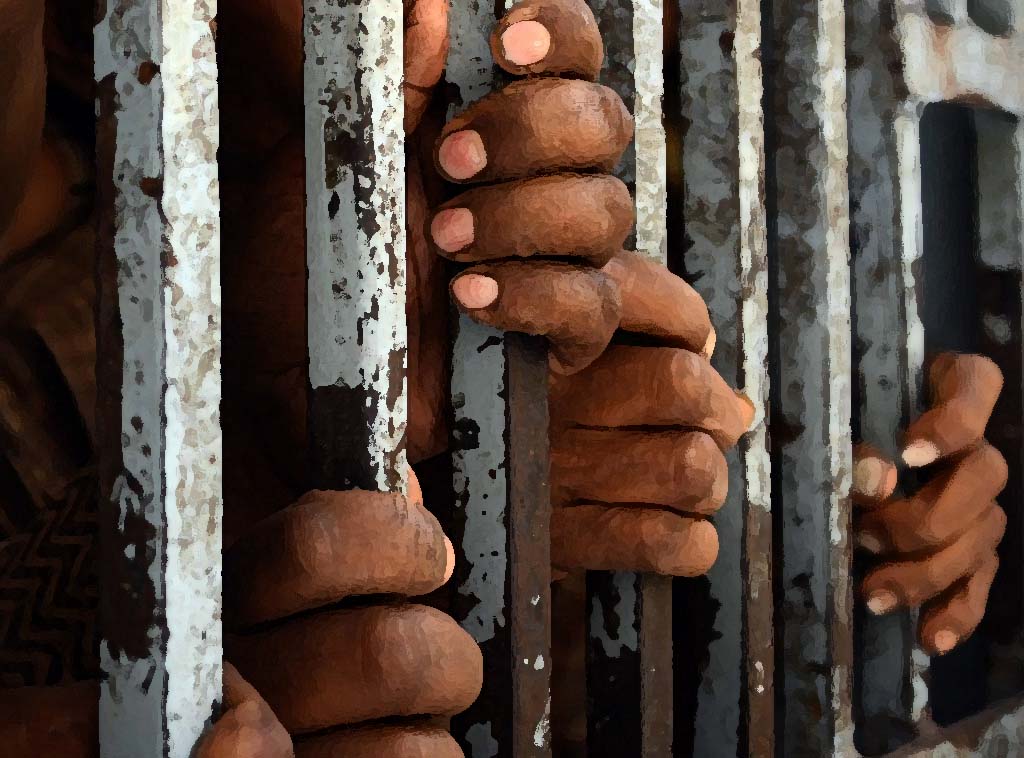
The Sindh government has decided to establish separate police stations across all divisions of the province, including Karachi, as part of a comprehensive plan to take effective action against price gouging.
A high-level meeting on price regulation of essential commodities was held, chaired by Special Assistant to the Chief Minister for IT, Waqar Mehdi, and Special Assistant to the Bureau of Supplies, Usman Hangoro.
The meeting was attended by Agriculture Secretary Sohail Ahmed Qureshi, Director General Bureau of Supplies and Prices Shakir Qayyum Khanzada, Legal Manager of National Foods, and other officials.
During the meeting, the Agriculture Secretary and DG Bureau of Supplies briefed officials on measures to control the prices of essential goods. Waqar Mehdi stated that the Sindh government has decided to establish these police stations to take strict action against profiteers. The decision aims to stabilise the prices of essential goods and curb hoarding and overpricing.
Waqar Mehdi further said that all warehouses would be registered before Ramadan. He instructed officials to ensure special stalls for essential commodities at discount markets and to regulate the prices of fruits. Additionally, all cold storages in Sindh’s vegetable markets will be registered and monitored to prevent them from selling goods at higher prices.
Usman Hangoro stated that the jurisdiction of these police stations will cover the entire Sindh province, and they will be authorised to take action against profiteers. The newly established stations will include personnel from the Bureau of Supplies and the police department.
He also directed that special monitoring duties be assigned across Sindh’s markets to address consumer complaints promptly and ensure justice for the public.
The meeting also decided to set up special stalls for spices at discounted prices in Karachi’s discount markets. All vendors and pushcart sellers were instructed to display the official price lists for fruits and vegetables.
During the briefing, the DG Bureau of Supplies reported that in the past three weeks, 272 units were inspected in Karachi, and fines amounting to PKR 536,000 were imposed.
Meanwhile, Pakistan's inflation rate fell to a nearly decade-low level of 2.4% in January, putting the central bank under pressure to reduce interest rates further to single digits by abandoning its extra-cautious monetary policy.
Although the pace of price increase was at one of the lowest levels since November 2015, the Economic Coordination Committee (ECC) of the Cabinet on Monday "expressed concerns over the rising prices of sugar, vegetables, and edible oil."
The Pakistan Bureau of Statistics (PBS) reported on Monday that inflation, measured by the Consumer Price Index (CPI), eased to 2.4% in January compared to the same month last year.
The slow pace aligns with the expectations of the federal government and independent analysts. It was the lowest increase in prices since November 2015, when the reading was 2.7%. With the fresh inflation rate, the gap between headline inflation and the key policy rate of the State Bank of Pakistan (SBP) has widened to 9.6%.
The central bank last week reduced interest rates to 12%a total cut of 10% since the start of this fiscal year. However, the cost of borrowing remains far higher than prevailing inflation rates, indicating the central bank's cautious monetary policy.






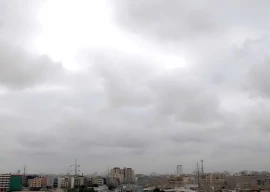
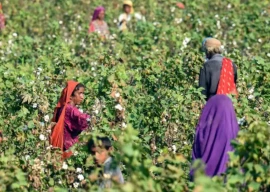
1736251113-0/Express-Tribune---News-Desk-(3)1736251113-0-270x192.webp)



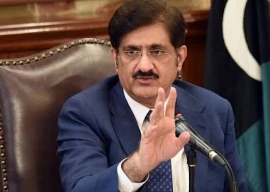

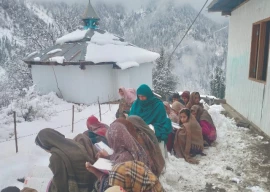


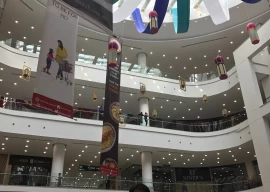








COMMENTS
Comments are moderated and generally will be posted if they are on-topic and not abusive.
For more information, please see our Comments FAQ